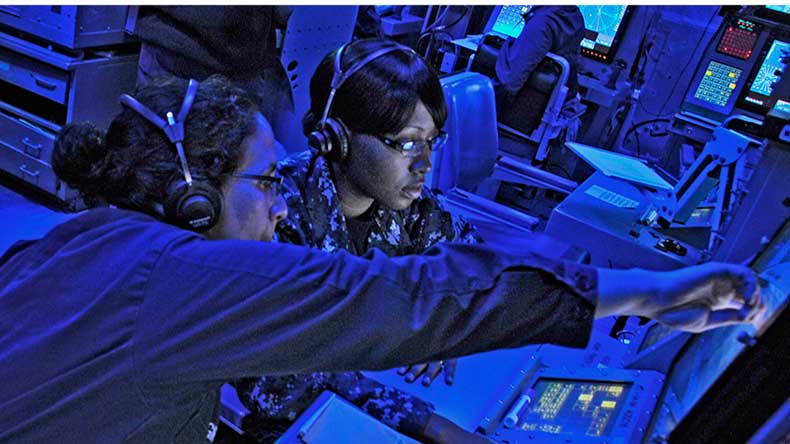Even as the threat of terror looms large on the world, and the global forces prepare themselves for asymmetric warfare, experts fear that terrorists might use new tricks. One of them might be hijacking of tanker merchant vessels and using them as weapons of mass destruction (WMD). “Countries need to brace themselves for such threats,” Deepak Shetty, Director General of Shipping and Secretary to Government of India, Ministry of Shipping, said. He was addressing a select gathering of Indian Naval officers and intelligensia at the Maritime History Society’s seminar on ports of India. He also expressed fear of cyberjacking.
But top sources in the Indian Navy told this correspondent that the government already has a contingency plan in place for such an eventuality. A committee called the Committee of Secretaries on Anti-Piracy and Hijacking (COSAPH) at sea has been put in place. “Just like there is a task force for taking care of plane hijacks, the government has put into operation a similar mechanism for ships, around two years ago. There is an anti-hijack task group in Delhi which deals with piracy and hijacking cases. We are ready for any hijacking scenario,” a top official of the Indian Navy said.
Cyberjacking of autonomous, unmanned and remotely controlled ships will be the future threats, he said. He was talking about MUNIN – Maritime Unmanned Navigation through Intelligence in Networks — which is a collaborative research project funded by the European Commission. “MUNIN aims to develop and verify a concept for an autonomous ship, which is defined as a vessel primarily guided by automated on-board decision systems, but controlled by a remote operator in a shore side control station,” its website states. Till date, EU has invested a whopping 20 million Euros for developing the unmanned vessels which can be navigated through drones and other remote controlled equipment.
“If that is one model of what the future holds, it is not immune to cyberjacking. Attackers might just introduce a virus in the system. ,” he said.
“The international security environment is fragile due to the threat of terrorism. It is no more in the realm of fantasy that a merchant tanker can get hijacked and can be used as a Weapon of Mass Destruction (WMD),” Shetty said.
MARITIME POWER
“For any country to become a maritime power, three factors are crucial. One is a strong network of ports and related infrastructure, the second is flourishing merchant navy and the third is a strong combative Navy,” said Commodore G. Prasad.
India was one of the leading countries in the fight againt Somalian pirates for over five years. At one point, India had stationed 42 naval assets to fight the piracy menace in the Gulf of Aden. Safe escorts were provided by Indian Naval warships for merchant vessels.
“There hasn’t been a single successful hijack of any ship since 10 July 2012. But a worrying factor now is the resurgence of piracy on the west coast of Africa,” he said.
PARADIGM SHIFT IN LEGISLATION
There is a paradigm shift in the outlook towards legislations now, he said. The government is now modifying many legislations, and doing away with many.
“The focus is on ease of doing business. We are at the cusp of rewriting the Merchant Shipping Act. It seeks to replace the existing one even the Coastal Shipping Act is being modified. We are moving ahead with the mantra of simplification, rationalisation and codification to make growth easier,” he said.

